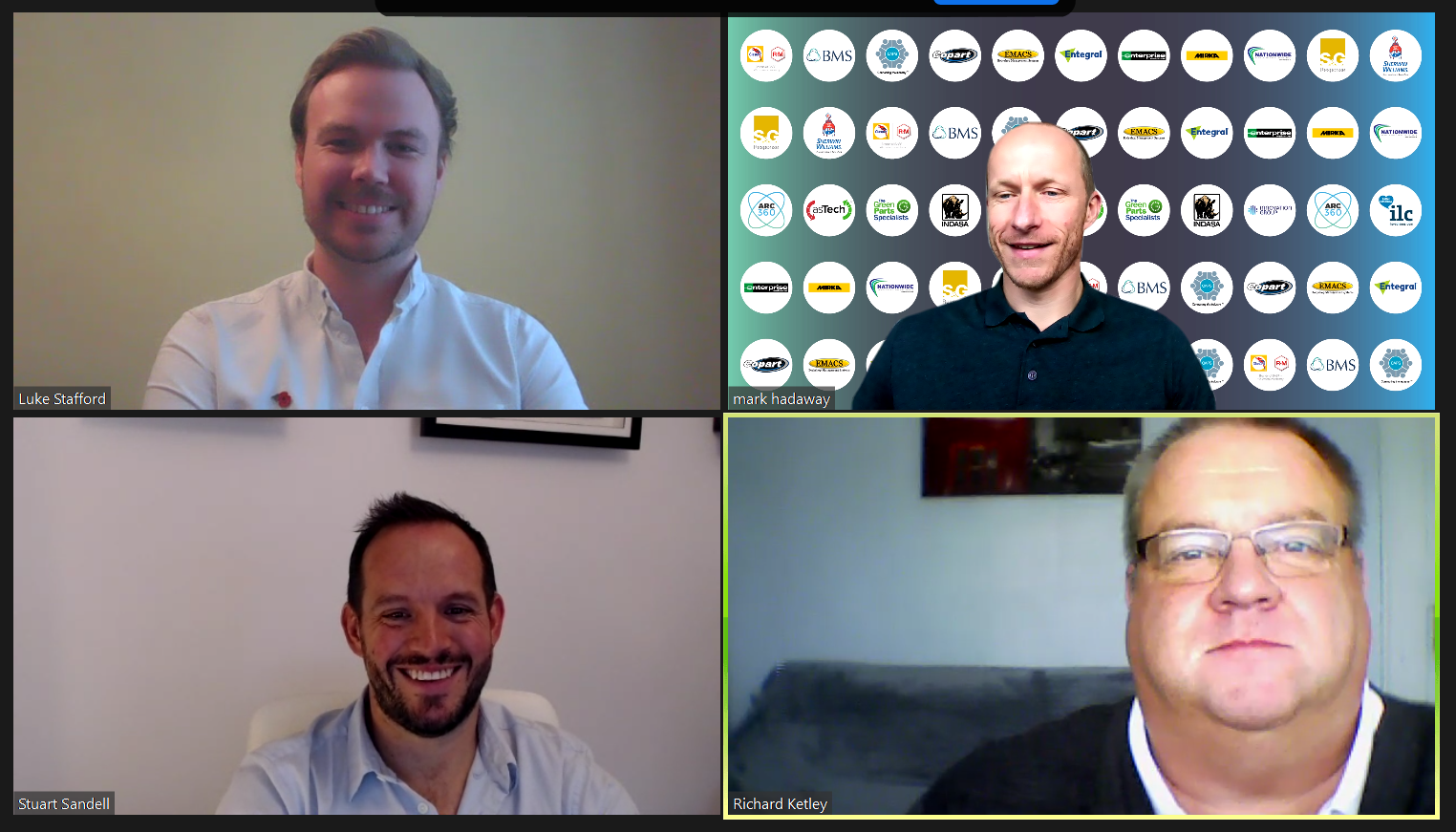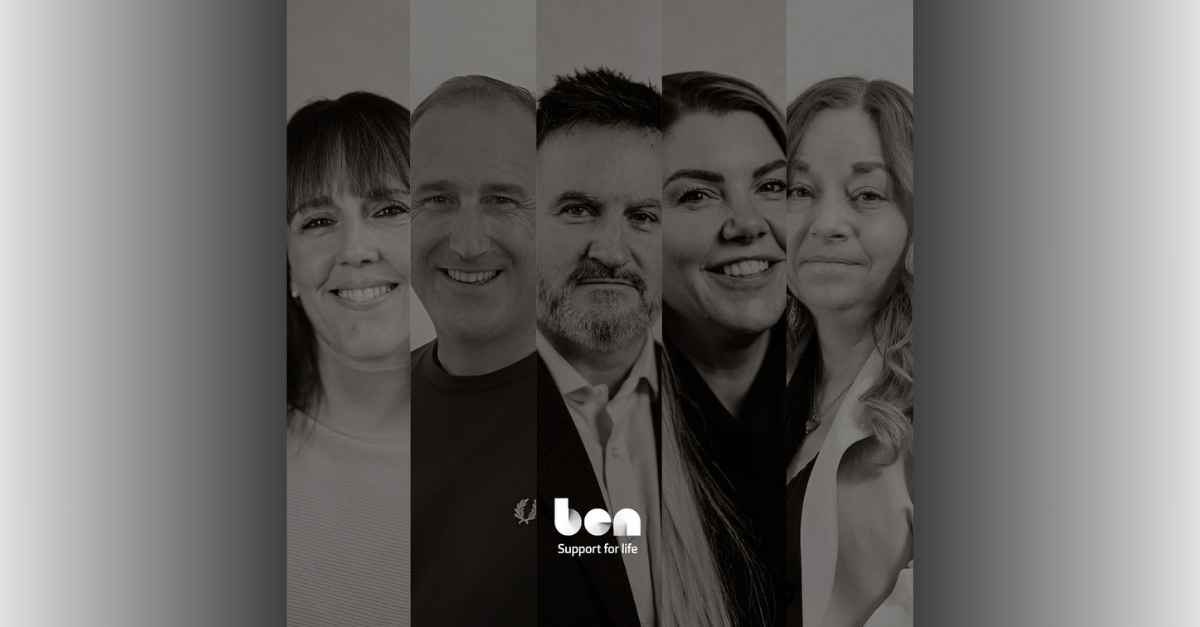Volume will remain the name of the game going forward, and repairers have been urged to hedge their bets rather than relying on a single income stream to deliver sustainable levels.
That advice is also relevant to bodyshops who are moving away from general repairs to more specialist sectors, as a result of the growing tech built into vehicles and the continuous investment that demands.
Cautious optimism
Stuart Sandell assistant vice president, sales UK and Ireland, Enterprise Holdings, said, ‘Enterprise is linked to the travel sector and that is obviously really unstable. But we’re looking forward to quarter four with cautious optimism because we’re diverse. We’ve seen one channel dry up, but because we’ve got multiple channels we’ve still been able to grow. That can easily apply to bodyshops. If you’re reliant on one income stream, you can struggle if demand in that sector dries up.’
He explained that even niche repairers can build diversity into their business model by handling a mix of jobs from multiple customers.
Stuart was speaking during series 2, episode 5 of the ARC360 webinar themed ‘Creating a sustainable future’, where he was joined on the panel by Luke Stafford, sales manager – new business, BASF, and Richard Ketley, head of network, Innovation Group.
Volumes
That volumes will ultimately dictate success or failure wasn’t disputed – ‘Volume is what keeps the lights on,’ Luke said, ‘without repairs going into shops we might as well all go home.’
But, worryingly, 45% of respondents to a live poll reported that volumes had decreased slightly or significantly in the past fortnight. Conversely, 33% noted a slight increase. That dichotomy is perhaps a result of regional lockdowns and underlines the unpredictable impact Covid-19 is still having on the market – and that volatility might be even greater than these figures suggest when the natural spike in claims after the clocks change (eight per cent, according to Enterprise) begins to wane.
Sustainability
However, despite these worrying signs, there is still plenty of evidence that lessons have been learned since March and many businesses are more sustainable now and better able to cope with such fluctuations.
Luke said, ‘There are quite a lot of exciting things happening at the moment. Everyone was forced into a period of self-assessment and now are taking the lessons of lockdown and implementing them, so I think this period has been a real catalyst for change, especially around technology. A lot of projects have been started that were being talked about for years. That’s a real positive.’
He continued, ‘We’re all expected to do more with less now, less energy consumption, less CO2, less waste. At BASF we’ve been pushing the environmental side of sustainability for a long time and our next solutions coming to the market in next few months are designed specifically to increase throughput and reduce environmental impact.
‘We’ve also been building more strategic partnerships with organisations who have similar values to us, not necessarily those that are going to help us sell a tin of paint. That will continue, and I think the whole industry is communicating more.’
Differences
Sustainability though means different things to different businesses. Another poll identified business agility as the number one focus (35%), with improved efficiency (16%) and growth (14%) also highlighted. Surprisingly, just nine per cent said it was about better use of technology.
Richard said, ‘From a repairer’s point of view, business agility is crucial and we are adapting and trying to change. Some are just trying to weather the storm at the moment but a lot of groups are looking around for opportunities and acquiring other sites.
‘What we’re doing is investing in technology around triage to get the right vehicle to the right repairer, and we’ve introduced remote audits so the audit team has more time to support to repairers, almost in a consultancy role.
‘We’re also holding weekly calls with repairers and last month ran six webinars to talk them through certain changes. We’re trying to engage with our supply chain more and feed information back and forth. We’re all in this together and three years down the line I’d like to see more technology but also a lot more open conversations so we can take learnings from what we’ve gone through to build a better industry.’
Sustainable mix
That combination of people and technology was something Stuart also identified as fundamental to a sustainable future.
He said, ‘Sustainability is about having a plan, but also being able to react to the environment around you. It’s clear the environment will change with automated transactions, cars instigating claims, and a lot more hybrid working. So, a mix of good technology and good people will be really important. You can’t have great tech and bad people, or great people and bad tech.’
That raised the skills conundrum again, with Luke identifying the need for new faces in business leadership areas, where he fears a growing gap is opening up. And with the industry changing as rapidly as it is – 88% of respondents to a third online poll predicted it would change moderately to significantly in the next few years – those leaders might have an even greater role to play in helping business find their own roles in a sustainable future.
ARC360, in association with I Love Claims, is supported by corporate partners BASF, BMS, Copart, EMACS, Entegral, Enterprise Rent-a-Car, Mirka, Nationwide Vehicle Recovery Assistance, S&G Response, Sherwin Williams and CAPS; partners asTech, The Green Parts Specialists, Indasa, and Innovation Group; and strategic partners AutoRaise; NBRA; RepairTalks; and TrendTracker.

















